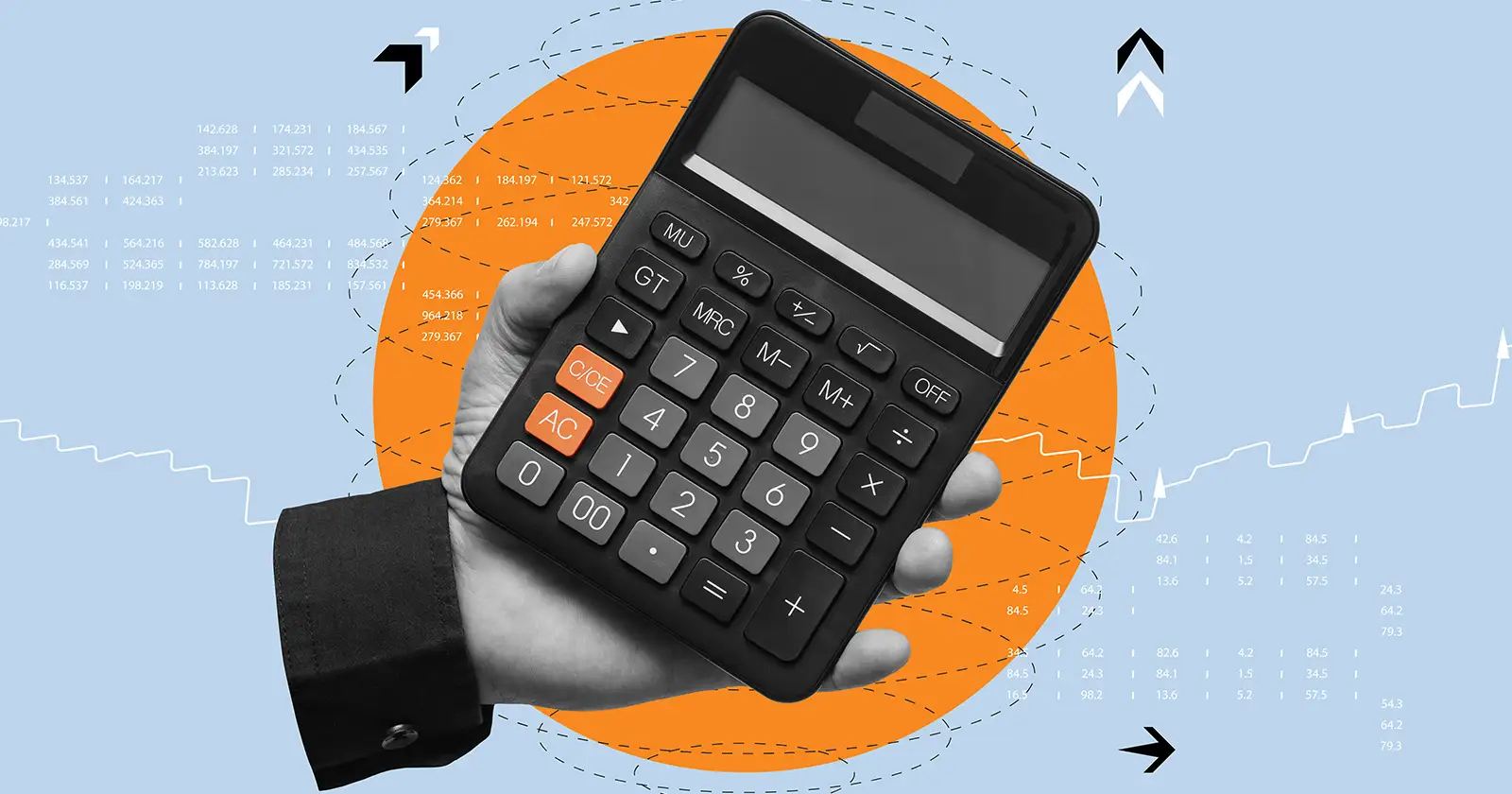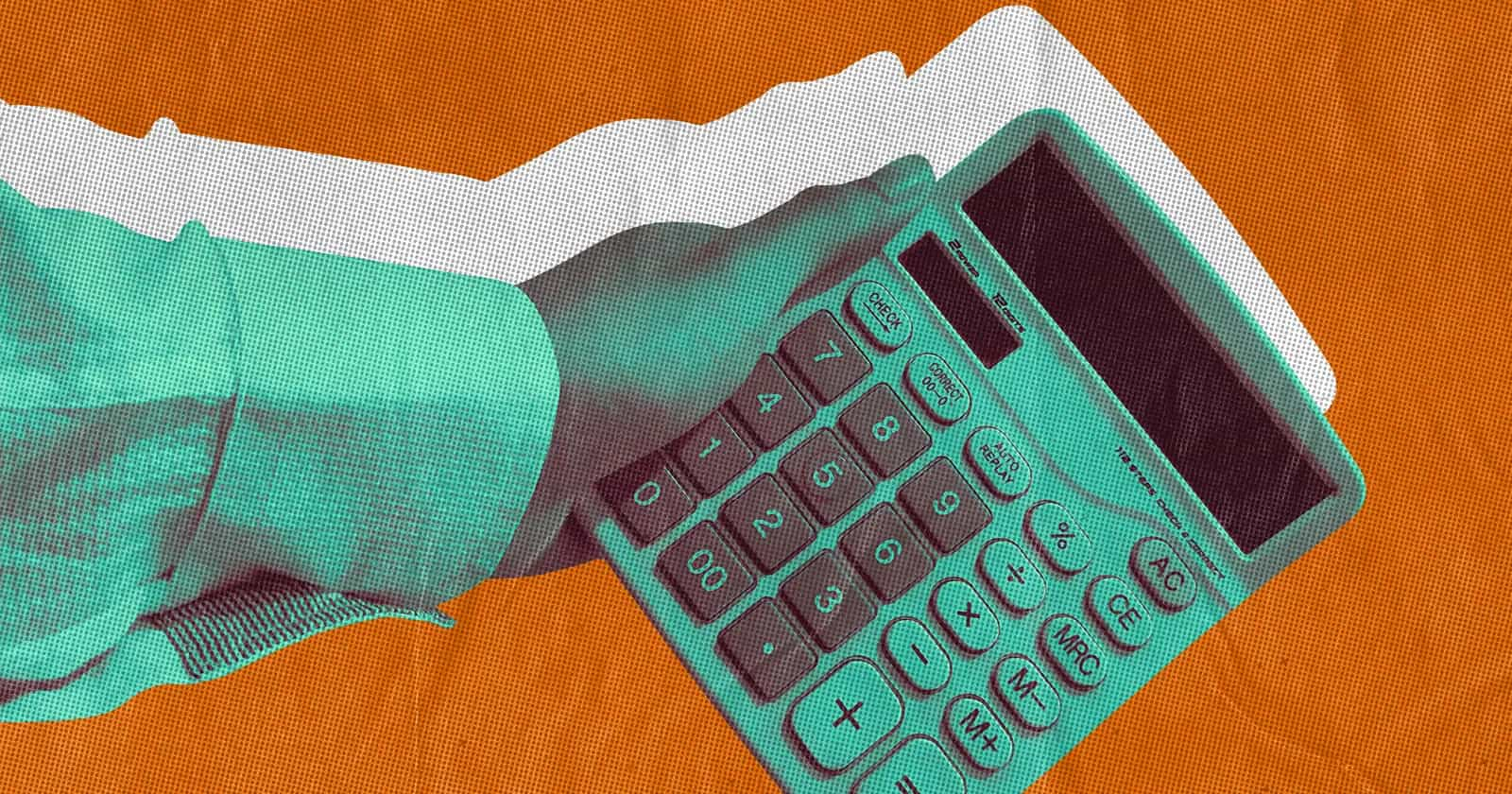Payroll isn’t just about cutting checks — it’s also about keeping your records in check. Employers must retain accurate payroll records to comply with legal regulations and protect their business in the case of any labor disputes or financial audits. This responsibility typically falls to HR and payroll teams.
How long should you keep such records? While you don’t need to keep employee pay stubs forever, you do need to follow recordkeeping rules set by multiple regulatory bodies. This guide will help you navigate US federal and state payroll recordkeeping laws and offer insight into how long to keep records to stay compliant.
{{rich-takeaway}}
How long do you have to keep employee payroll records?
Employers must follow record retention guidelines set by two key regulatory bodies: the Internal Revenue Service (IRS) and the Equal Employment Opportunity Commission (EEOC). These agencies dictate how long payroll records should be kept to ensure compliance with tax laws and labor regulations.
Here’s a closer look at their record retention guidance.
IRS Payroll Recordkeeping Requirements
The IRS requires employers to keep all employment tax records for four years. Small businesses should keep records for four years after the tax becomes due or is paid, whichever is later. For all employers, these records include:
- Business Identification and Tax Records:
- Your business’s employer identification number (EIN)
- The dates and amounts of tax deposits as well as acknowledgment numbers for deposits made by Electronic Federal Tax Payment System® (EFTPS)
- Copies of filed tax returns and confirmation numbers
- Employee Information Forms:
- Employee names, addresses, Social Security numbers (SSNs), occupations, and dates of employment
- Copies of employees' income tax withholding certificates (Forms W-4, W-4P, W-4R, W-4S, and W-4V)
- Copies of any undelivered Forms W-2 and W-2 C
- Periods employees were paid while absent due to sickness or injury, including payment amounts and weekly rates
- Employee Hours, Wages, Benefits, and Tips:
- Amounts and dates of wage, annuity, and pension payments
- Records of allocated tips and employee-reported tips
- The fair market value of in-kind wages paid
- Records of fringe benefits and expense reimbursements, including substantiation
There is one additional retention timeline to be aware of if your business provided paid sick or family leave under COVID-19 relief programs. In this case, you’ll need to keep applicable records for at least six years.
EEOC Payroll Recordkeeping Requirements
The Equal Employment Opportunity Commission (EEOC) enforces three key labor laws that set minimum payroll record retention requirements: the Fair Labor Standards Act (FLSA), the Equal Pay Act (EPA), and the Age Discrimination in Employment Act (ADEA). Here’s a brief overview of each law and its requirements.
The FLSA
The FLSA mandates that employers retain payroll records for non-exempt employees for at least three years. Additionally, records that support wage calculations — such as time cards, wage rate tables, work schedules, and payroll deductions — must be kept for at least two years.
Below is a breakdown of the key records that fall under FLSA retention requirements:
- Employee Information:
- Full name
- Social Security number (SSN)
- Physical address
- Date of birth (if under 19)
- Sex
- Occupation
- Employee Work Schedules:
- Time and day of the week when the employee’s workweek begins
- Timesheets with total hours worked each day and workweek
- Wage and Earnings Details:
- Basis for employee’s wages (e.g., "$10 per hour," "$560 a week")
- Regular hourly rate of pay
- Total daily or weekly straight-time earnings
- Total overtime earnings for the workweek
- Payroll Deductions and Payments:
- Any additions to or deductions from the employee’s wages
- Total wages paid each pay period
- Date of payment and the pay period covered
The EPA
The EPA is an amendment to the FLSA. Under EPA regulations, employers must retain records for at least two years to justify wage differences between employees of opposite sexes in the same workplace.
These records include:
- Wage rates
- Job evaluations
- Seniority and merit systems
- Collective bargaining agreements
The ADEA
To comply with ADEA requirements, employers must retain all payroll records for three years. Additionally, they must keep records of:
- Employee benefit plans (such as pensions, insurance, and retirement plans)
- Written seniority and merit systems
These documents must be kept for the full duration of the plan and for at least one year after its termination to show that benefit decisions comply with ADEA regulations and do not unfairly disadvantage older employees.
A State-by-State Guide to Payroll Recordkeeping
Some states have their own payroll recordkeeping requirements, which can be especially important for employers managing teams across multiple jurisdictions. To help you stay compliant, we’ve compiled a list of the payroll retention timelines for all 50 states as of March 2025. When federal and state recordkeeping timelines differ, you should defer to the longer requirement.
Payroll Recordkeeping Requirements by State
As always, consult a legal professional and review any applicable local recordkeeping regulations to ensure full compliance in your jurisdiction.
How should you store payroll records?
Let’s look at your two options — physical or digital storage — and the pros and cons of both.
Physical Storage 🗂️
You can always store paper records in office filing cabinets as long as they are secure and well-organized. The size of your workforce and record archives can impact storage costs, including expenses for secure filing solutions, security measures, or even offsite facilities. You’ll also want to be mindful of how your storage system will need to scale to manage the growing volume of records, particularly as your business expands.
Pros:
- Has no risk of cyber threats or data breaches
- Is easily accessible without electronic devices or internet access
- Provides a tangible backup in case of system failures
Cons:
- Takes up physical space in the office
- Is susceptible to fire, water, or natural disaster damage
- Is harder to share or access remotely
Digital Storage 💾
Your company can also choose to store digital copies of your records on local servers, external drives, or cloud-based platforms. However, it’s essential to implement strong security measures, including encryption, password protection, and regular backups to safeguard your data.
Pros:
- Saves physical space
- Is easier to organize, search, and retrieve records
- Enables secure backups to prevent data loss
- Is accessible from anywhere
- Can be encrypted and password-protected for added security
Cons:
- Is vulnerable to cyber threats, hacking, or accidental data loss
- May require investment in secure cloud storage or data management systems
- Can bring compliance risks if digital records aren’t properly maintained or backed up
- Is dependent on technology, so system failures or outages could limit access
As your business expands, you may find it necessary to implement a scalable digital storage system that ensures your records remain secure, compliant, and easily accessible. Many payroll software solutions offer secure data storage and meet compliance retention requirements to protect your company from potential audits.
Why Payroll Record Retention Matters to HR Professionals
Effective payroll record retention is more than just a compliance requirement. It’s a critical practice that helps HR professionals protect the organization from legal and financial risks, like audits and labor disputes.
Here are a few benefits of holding onto your payroll records properly:
- Maintains compliance with federal, state, and local laws: Adherence to recordkeeping requirements set by the IRS, EEOC, and state labor laws can keep your business safe and reduce the risk of legal violations.
- Avoids fines and penalties: Failure to retain payroll records as required can lead to fines, penalties, and even legal action.
- Supports audit readiness: Maintaining accurate payroll records ensures your business is prepared for audits, wage claims, and government investigations. Having the necessary documentation on hand to address disputes efficiently can minimize legal risks, saving your team’s time and protecting your company’s reputation.
- Enhances operational efficiency: Streamlined recordkeeping allows HR teams to quickly access accurate payroll information when they need it.
- Builds trust with employees: Storing payroll information securely can give employees peace of mind that their personal and financial information is protected from unauthorized access, reinforcing a sense of trust in the company.
- Safeguards the organization from legal risks: Missing or incomplete records can lead to employee misclassification errors, wrongful termination claims, and wage disputes. Proper recordkeeping can keep your business safe from costly lawsuits and compliance issues.
Best Practices for Payroll Record Retention for HR
Wondering how to keep your files organized and your business compliant? Here are our tips for better payroll recordkeeping:
- Invest in secure, convenient storage. Digital recordkeeping can not only keep your data secure, but it can also easily scale as your business grows. Better yet, it doesn’t encroach on valuable office space! Digital storage also makes it easy to search and find past records so your team can quickly access the information they need, streamline audits, and ensure compliance with minimal effort.
- Create a retention policy. If possible, it’s always a good idea to retain documents longer than required to ensure compliance. You can establish a more conservative retention policy than federal and state laws mandate, giving your business extra security. Just be sure to periodically review and update your policy to stay aligned with the latest compliance regulations. Check out our company policy templates for some inspiration.
- Prioritize confidential disposal. Once the minimum retention period has passed, your business can dispose of employee data and employment forms safely and responsibly. Shredding physical documents and securely deleting digital files keep sensitive information safe.
- Educate employees. Train your team on your retention policies and the proper methods for securely disposing of payroll records. Ensure they understand not only the policies but also the risks of improper storage and disposal, as they play a crucial role in safeguarding your business's sensitive information.
{{rich-highlight-3}}
🚩 Disclaimer: This article is for informational purposes only and does not constitute legal, tax, or compliance advice. Businesses should consult a qualified tax professional or legal advisor to ensure compliance with applicable laws and regulations.
Key Takeaways
- Employers must keep payroll records for at least four years (IRS) and three years (EEOC).
- Key records to retain include employee info, tax forms, hours worked, and wages.
- Digital storage is more secure and scalable, while physical storage takes up space.
- Proper recordkeeping protects against audits, legal risks, and fines.
- Use secure storage, clear policies, and safe disposal practices.




.webp)
